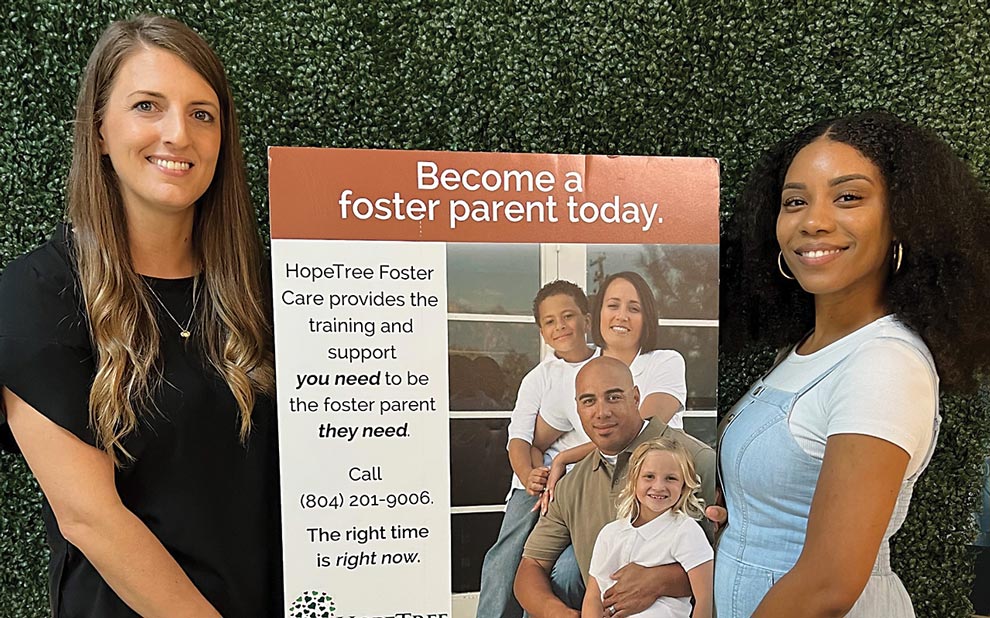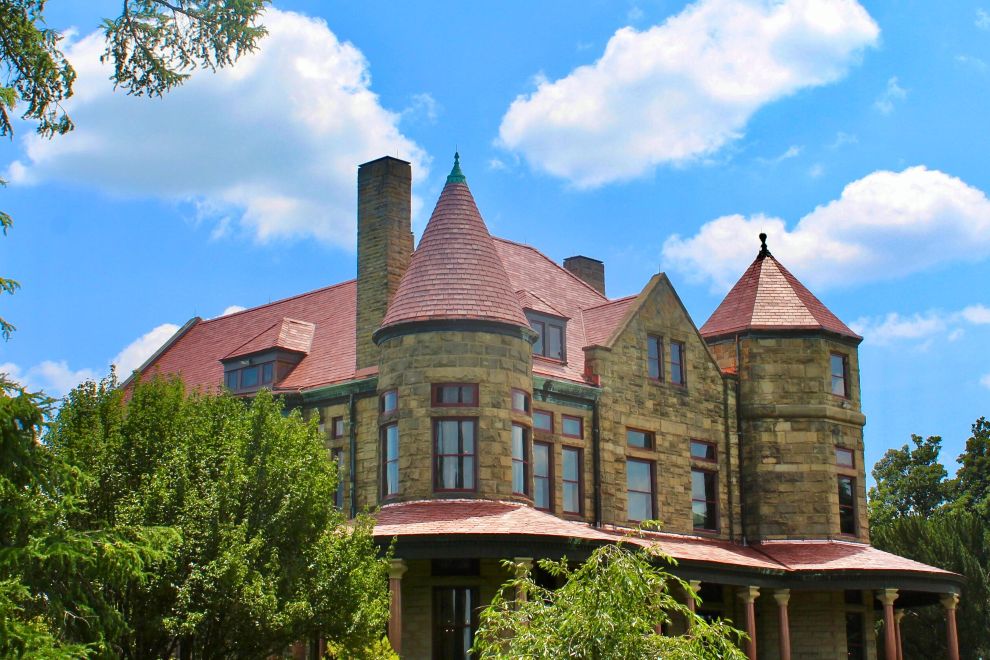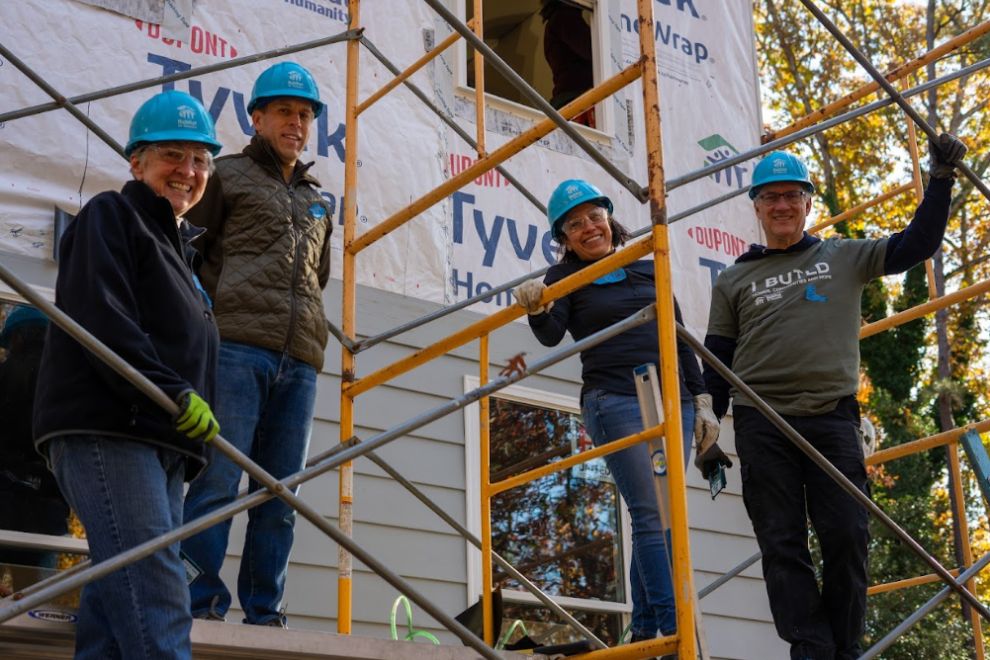When Marie heard about a friend who was fostering a child, she was surprised to hear that there were more than 5,000 children in foster care in Virginia and hundreds right here in Richmond. She recalled hearing her pastor’s message on Sunday morning about serving the needs of children in foster care. Marie also remembered seeing a billboard that shared the need for foster parents in the area.
Marie felt compelled to help, but she wasn’t sure how to get started. She questioned whether she was qualified to become a foster parent. She was single, lived in an apartment, had no children of her own, and worked full-time. When she heard someone from HopeTree Family Services speaking at her civic club meeting, she learned none of those factors disqualified her from becoming a foster parent.
According to Pamela McGraw, HopeTree’s associate director of foster care and adoption for the eastern region, foster parents can come from all walks of life and backgrounds, providing temporary caregiving for a child who has experienced abuse and/or neglect.
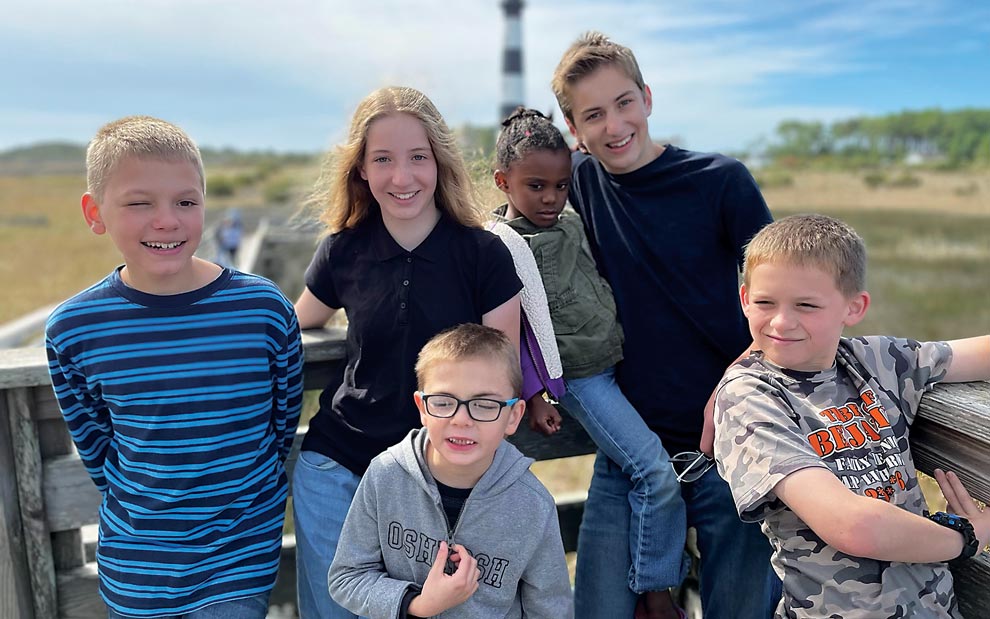
HopeTree – History Rich in Service
HopeTree has been serving children since 1890 when it was founded in Salem, Virginia, as an orphanage that was affiliated with the Baptist faith. As times changed, so did the needs of the local community. At first, economic hardship resulted in families who were unable to provide care for their children. Eventually, abuse and/or neglect became factors. This is how HopeTree’s Therapeutic Foster Care program began.
Today, HopeTree is a faith-related human services agency with this mission: Through God’s love, foster hope by empowering families, youth, and adults to lead fulfilling lives. Last year, HopeTree served 132 clients through its foster care program. HopeTree takes pride in the core values of ministry, people, stewardship, excellency, and accountability. HopeTree offers services with foster care offices in Richmond, Salem, and Martinsville.
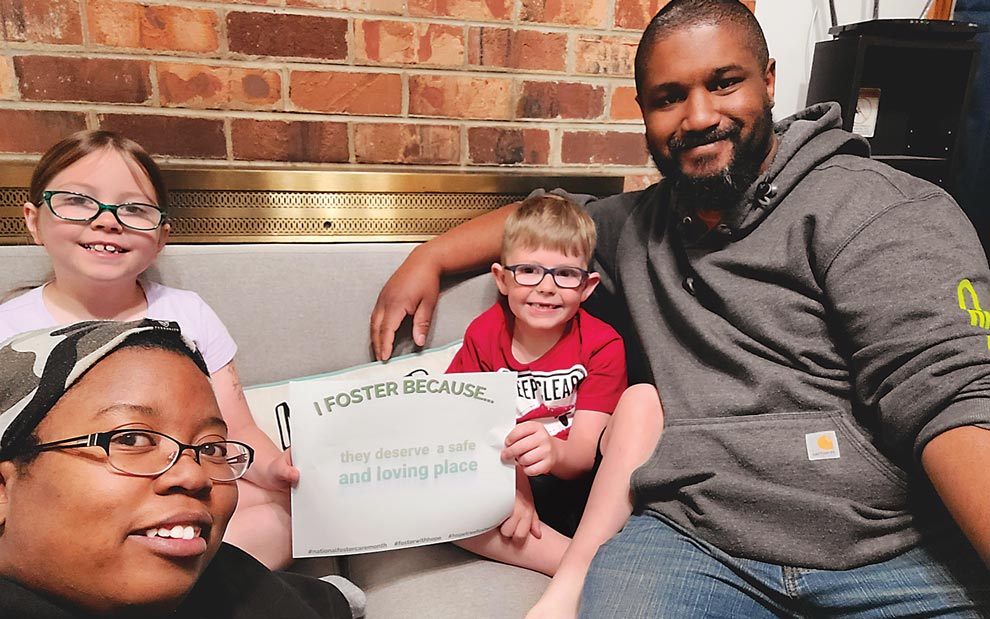
The Right Time Is Right Now for Foster Families
McGraw says there are many preconceptions about the requirements and expectations for becoming a foster parent. “The truth of the matter is, there is simply a need for everyday people from all walks of life who have space in their hearts and homes to say yes to a youth who needs support,” says McGraw.
While in the community, HopeTree staff gets the privilege of answering frequently asked questions about fostering. Here are some common questions with answers:
- Should I foster a child if I know I don’t want to adopt? Yes! Foster parents do not have to be interested in adoption to foster.
- Do I need to have parenting experience to become a foster parent? Foster parents are not required to have previous parenting experience. Foster parents may or may not have raised children prior to fostering.
- Do people get paid to be foster parents? All foster parents in Virginia receive a stipend to offset additional costs to provide care for the youth placed in their home.
- Am I too young (or too old) to foster? A foster parent of any age can make a difference as long as they are at least twenty-one years old. In any of its activities or operations, HopeTree Family Services does not discriminate against clients or approved provider applicants/parents on the basis of race, color, religion (creed), gender, gender expression, age, national origin (ancestry), disability, marital status, sexual orientation, or military status.
Eventually Marie attended an information session with HopeTree, went through the certification process, and became a foster parent. She was able to offer a nurturing relationship to children placed in her home – children with various needs who had experienced trauma, grief, and loss. One of the most rewarding experiences for Marie was helping a teen in her care apply for their first job and learn to drive. Marie quickly realized that being a present adult in a youth’s life can be transformational.
The team at HopeTree is committed to inspiring more people like Marie to learn about foster parenting. “We can foster hope with everyone we come in contact with,” says McGraw. “And if we’re doing our jobs at HopeTree, we can inspire people to become certified foster parents.”
How to Support HopeTree and Children In Foster Care
May is National Foster Care Awareness Month. The critical need is for adults to serve as foster parents, but there are other ways to help.
- Invite speakers from HopeTree to talk at events and community meetings.
- Attend a virtual information session to learn more about fostering a child. Email Dejene.youngel@hopetreefs.org or call the HopeTree office at 804-201-9006. When you email, you will receive a link to attend an event.
Thursdays in May and June: May 9, 6:30 p.m.; May 16, 12:00 p.m.; May 23, 6:30 p.m.; June 13, 6:30 p.m.; June 20, 12:00 p.m.; June 27, 6:30 p.m.


